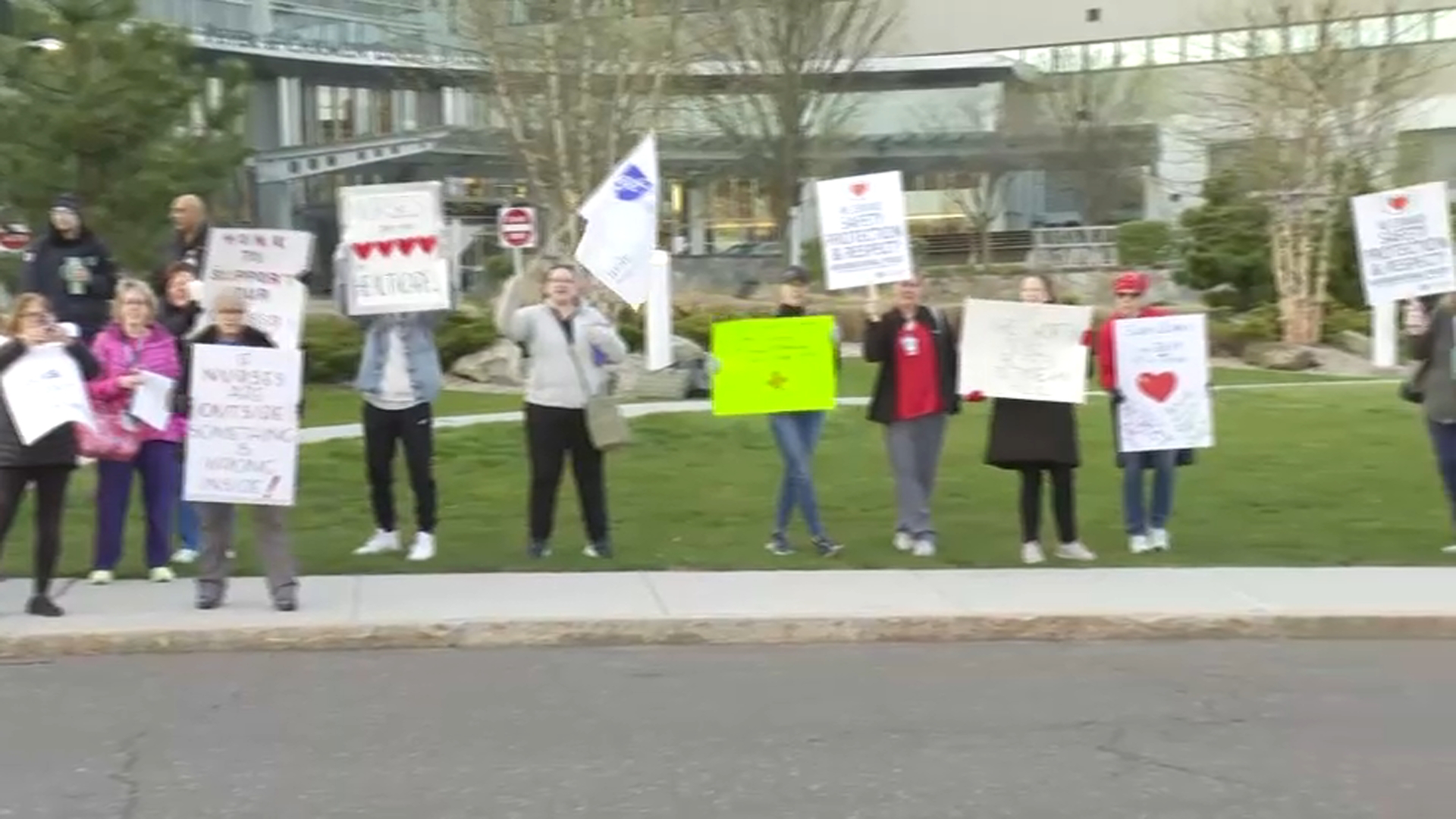Scams are a common occurrence during tax season, but authorities are warning of a new one so brazen, even veteran tax professionals are baffled.
Authorities said the scam involves several steps and there are several variations – but here’s the basic set-up.
Thieves will steal client data from tax professionals, then file fraudulent tax returns in a victim’s name. The victim will then receive a fraudulent refund from the IRS. Some instances have been by direct deposit, and others by check.
The thieves then pose as the IRS or a debt collector, explaining the victim received a fake refund and instructing them to return the money. But instead of returning the money to the IRS, the scammers direct the money to their own accounts.
Experts said this scam has already conned tens of thousands of taxpayers. While IRS scams are not uncommon, this one has the evidence of the IRS funds, either deposited in the bank account or in the form of the check, which makes the scammers’ demand to return the money more convincing.
The IRS managed to catch this twist earlier this month, and are warning taxpayers not to cash a check that unexpectedly shows up.
If you receive a suspicious direct deposit in your account, you can protect yourself by doing the following:
- Contact the Automated Clearing House (ACH) department of the bank/financial institution where the direct deposit was received and have them return the refund to the IRS.
- Call the IRS toll-free at 800-829-1040 (individual) or 800-829-4933 (business) to explain why the direct deposit is being returned.
If you get a mailed check and haven't cashed it, follow these steps:
- Write "Void" in the endorsement section on the back of the check.
- Submit the check immediately to the appropriate IRS location listed below. The location is based on the city (possibly abbreviated) on the bottom text line in front of the words TAX REFUND on your refund check.
- Don't staple, bend, or paper clip the check.
- Include a note stating, "Return of erroneous refund check because (and give a brief explanation of the reason for returning the refund check)."
If you've cashed a false check, follow these instructions:
- Submit a personal check, money order, etc., immediately to the appropriate IRS location listed below.
- If you no longer have access to a copy of the check, call the IRS toll-free at 800-829-1040 (individual) or 800-829-4933 (business) (see telephone and local assistance for hours of operation) and explain to the IRS assistor that you need information to repay a cashed refund check.
- Write on the check/money order: Payment of Erroneous Refund, the tax period for which the refund was issued, and your taxpayer identification number (social security number, employer identification number, or individual taxpayer identification number).
- Include a brief explanation of the reason for returning the refund.
- Repaying an erroneous refund in this manner may result in interest due the IRS.
You will also want to contact your bank and tax preparers to take steps to protect your identity.
For more information, visit the IRS website here.



